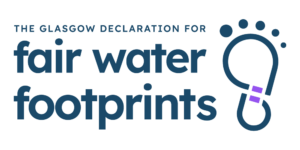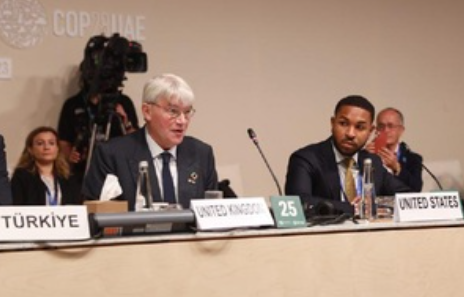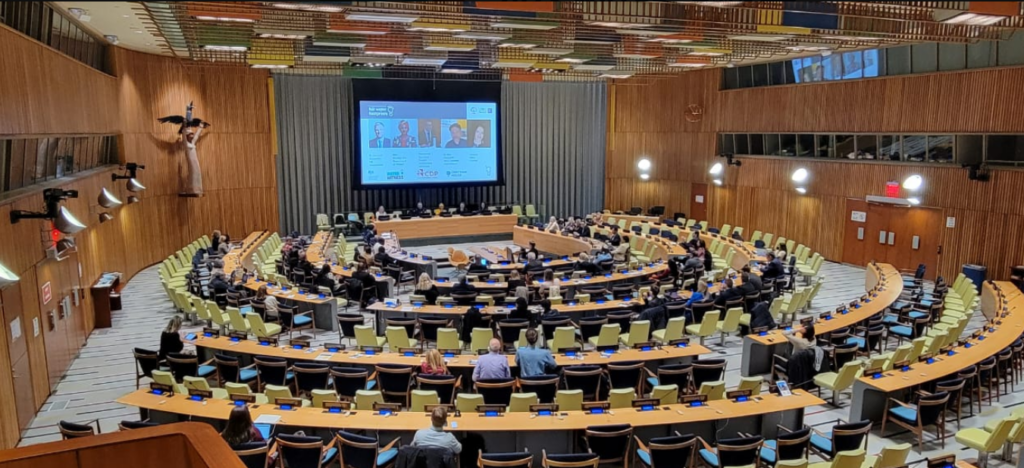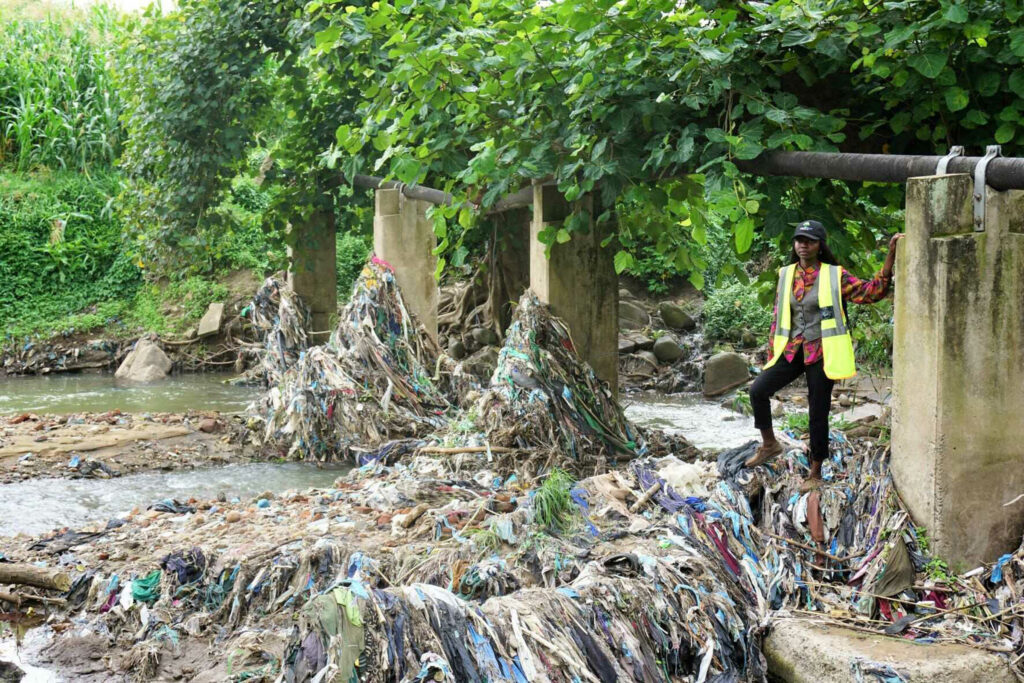The Glasgow Declaration for Fair Water Footprints was launched a year ago at COP26. What progress has been made since then? And what comes next?
It’s hard to believe that a whole year has passed since the Glasgow Declaration for Fair Water Footprints was introduced as a breakthrough opportunity to put resilient and equitable water use at the heart of the global economy. We were amazed with the response – 28 founding Signatories on board in a space of weeks. This ground breaking collaboration includes some of the most water- and climate- vulnerable countries on the planet signed up alongside some of the world’s biggest consumer nations, global corporations and major finance institutions.
Since then, we have been working closely with these Signatories to put into place the tools and guidance to support their plans to deliver on their five key commitments for fair water footprints. We’ve established a Technical Advisory Group – comprising global leaders on stewardship, WASH, climate and water resource management – to provide guidance and to answer some of the hard questions that have arisen in the process.
The intensive and inspirational planning and action by many of our Signatories in this kick-off year reveals the seriousness of our intent, and the groundbreaking and game-changing nature of the Declaration initiative.
Declaration delivery plans include:
- Mainstreaming FWF across government, through committing state-owned companies to water stewardship, specification in government procurement and within principles of ownership.
- Working with a coalition of 60 food and drink retailers, supermarkets and businesses via the WRAP Water Roadmap to target collective action in sourcing hotspots around the world, with a target to increase to 20 catchments by 2030 – supplying half of the UK’s fresh food.
- Resource mobilisation and planning for investment in excess of $34M to support FWF delivery by 2030, including via the UK governments planned ‘Transformational Change in Water Security’ Programme.
- The review of sustainability standards, metrics, financial reporting, corporate disclosure, and trade agreements to drive convergence and alignment to unlock hyper-transparency, accountability and action needed for FWF.
- Divestment from companies not capable or unwilling to transition to fair water footprints.
While transformative actions such as these are both inspiring and exciting, we still need the bold leadership and ambition of others to achieve change at the scale the world so desperately needs. It is therefore encouraging that water has featured in some of the early remarks of world leaders at COP27 with the UK’s Foreign Secretary James Cleverly noting “If climate change were a malign but sentient threat, its weapon of choice would be water. Climate change isn’t sentient but its affecting water cycles…Efforts to live with climate change must have water at its core.”
How we keep respond and keep building momentum will be critical as we move towards the landmark UN Water conference in New York in March 2023, where the Declaration will feature as key pillar of the UN’s Water Action Agenda.
We want to mobilise as many governments, businesses, investors and civil society groups as we can in time for the UN Water conference, in order to continue to build on progress and change the way water is used for good. We hope you will join us.
